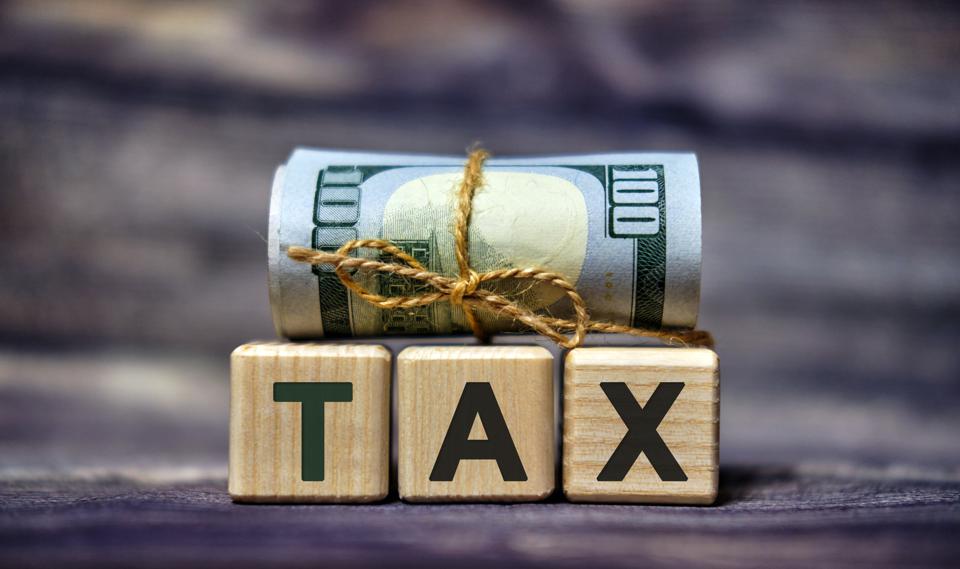British crypto exchanges now subject to digital services taxation

Due to recent updates to Her Majesty’s Revenue and Customs (HMRC) regulations, all cryptocurrency exchanges operating in the United Kingdom will henceforth be levied as stated by the newly introduced digital services tax.
According to a Telegraph report, exchanges operating within the UK will have to remit a 2% digital services tax.
Britain’s tax authority HMRC insists that exchanges are not eligible for financial exemptions because digital assets do not qualify as financial instruments.
The digital services tax on revenue was introduced back in April 2020 targeting social media and tech giants such as Facebook and Google, while the HMRC included cryptocurrency exchanges under the Treasury’s tech tax on Nov. 28.
The latest setback for crypto exchanges stems from the HMRC’s classification of crypto assets. The regulator explained:
There are a wide variety of crypto assets, each with different characteristics. It said that because cryptocurrencies do not represent commodities, financial contracts, or money, it is unlikely that crypto-asset exchanges can benefit from the exemption for online financial marketplaces.
Speaking on the subject, CryptoUK, the trade body representing the digital asset sector in Britain opined that the tax is unfair and is likely to be extended to investors and traders.
Executive Director Ian Taylor stressed that treating cryptocurrencies as different entities from other financial instruments such as stocks or commodities can be lethal to the crypto sector. He added that it is another setback for the industry that is still trying to adjust to the arduous licensing system for exchanges introduced by the Financial Conduct Authority (FCA).
All UK-based crypto asset companies have had to comply with AML (anti-money laundering) regulations and registered with FCA since January.
Back in January, the FCA imposed a ban on crypto derivatives. It also warned consumers against transacting with 111 crypto firms that are still unregistered.
In other news, the HMRC intensified efforts to snare crypto tax defaulters by introducing explicit requirements for details of digital asset holdings on self-assessment forms. Meanwhile, Britain’s tax authorities requested several crypto-asset exchanges to hand over details on customers from transactions and holdings in August 2019.




